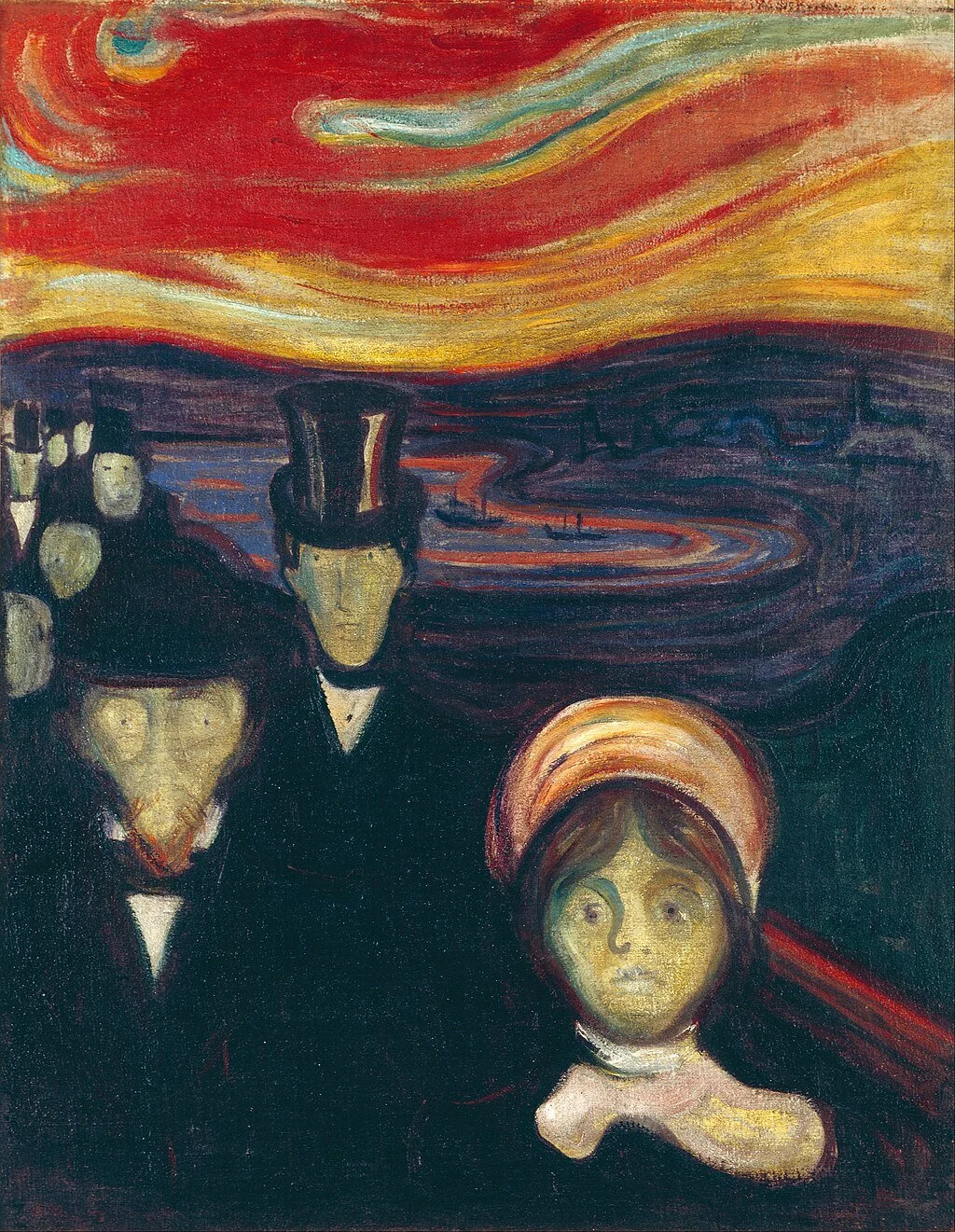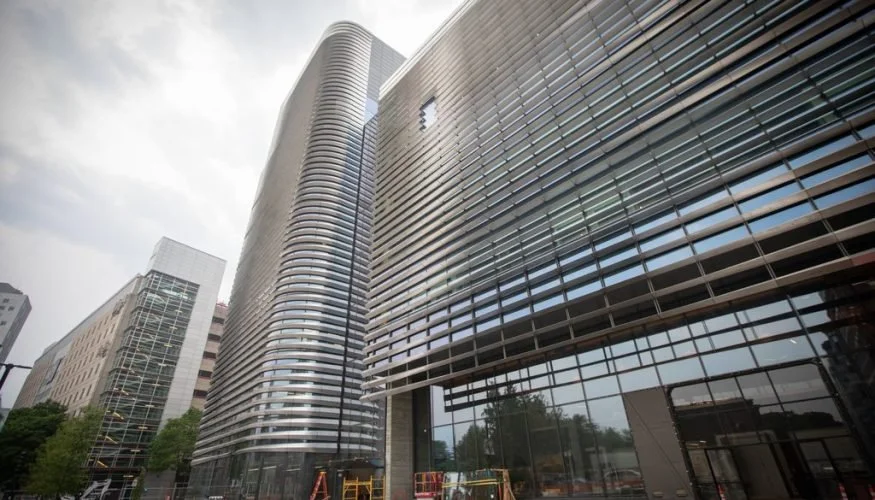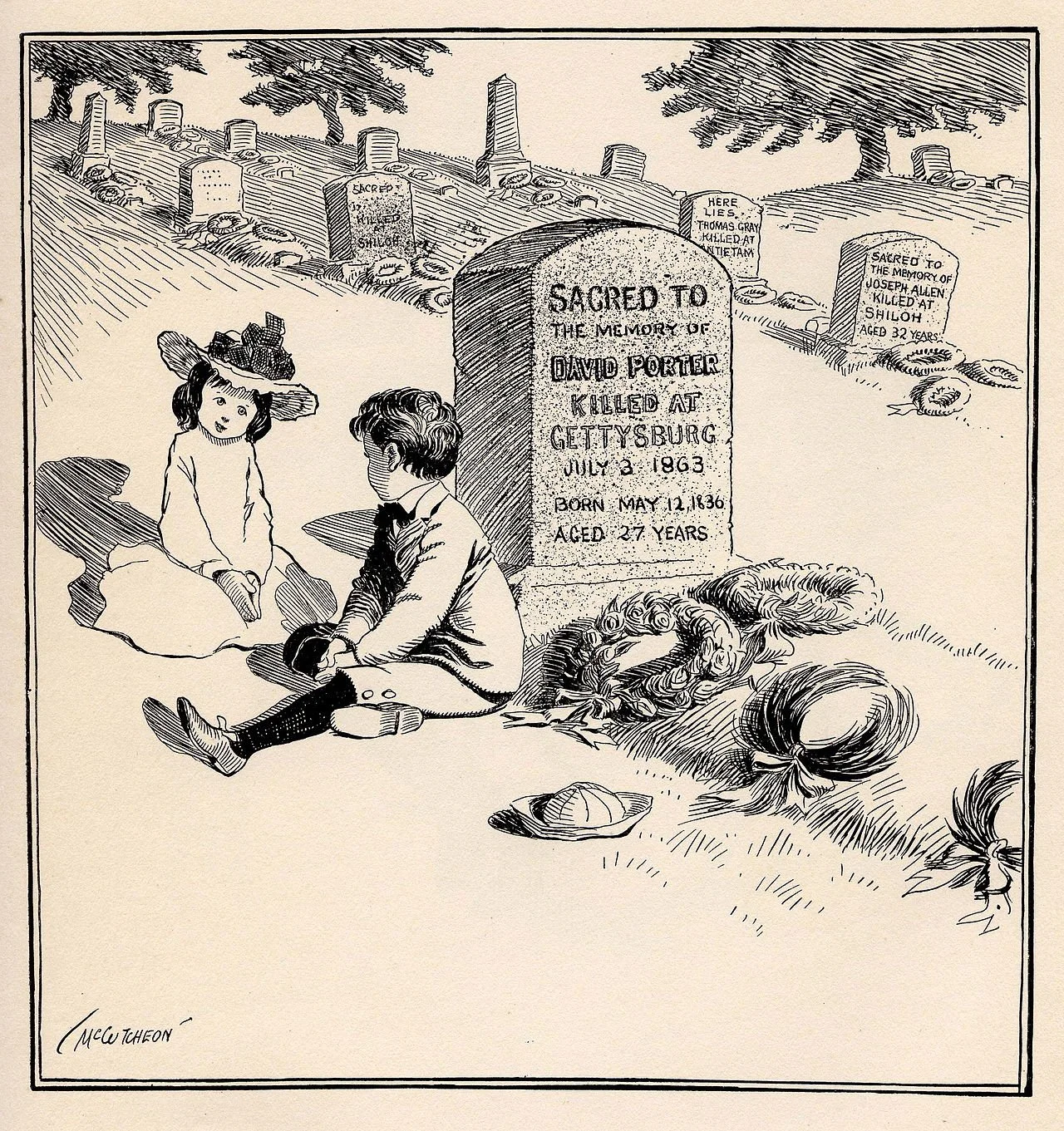U.S. Border Patrol agents review documents of individuals suspected of attempted illegal entry this year.
Illegal immigrants to the United States do not come only from Central America. Increasingly they come from all over the world, and as the Reuters news agency reported last week, even from Africa. People are flying from Africa to South America and trudging thousands of miles through jungles, across rivers, and over mountains to sneak across the U.S. border or to present themselves at a port of entry and ask for asylum.
This is not just because life in their native countries is so dangerous, oppressive, or without opportunity. As Reuters reported, it is also -- and essentially -- because they know that if they survive the journey they have a good chance of admittance. They know that the countries they transit won't send them back because it would be expensive and because they are not staying there. Some bring their families because they know that adults accompanied by children are usually admitted to the United States after being given a summons to an immigration court proceeding weeks hence.
Of course hardly anyone so summoned ever shows up. Most disappear into "sanctuary" cities or states.
What is decisive here is the confidence that the United States will not enforce any immigration law, that in effect the country has open borders. The country also has states, like Connecticut, that provide illegal immigrants with identification documents, driver's licenses, college tuition discounts, and other assistance and obstruct their deportation if they break immigration law long enough. California now offers illegal immigrants free medical insurance as well.
The detention centers in which some illegal immigrants are being held have been likened to concentration camps, but they are no deterrent, for most people entering the country illegally are not held there. Most get through.
These people are not to be disparaged or vilified as President Trump has done. Their courage and initiative are admirable, the circumstances they leave behind pathetic or even terrifying. But most are economic refugees for whom asylum claims are bogus, even if most immigration here long has been economic.
Border enforcement is the definition of a country and open borders are the end of any country. So the first objective of immigration policy must be to regain control of the borders. Unfortunately the crudeness of the president, a Republican, seems to have driven many Democrats to oppose him on border control.
Last week House Speaker Nancy Pelosi led a Democratic campaign to thwart immigration enforcement even against people who long have been defying deportation orders. The Democratic position is that anyone who gets into the country illegally, makes it to a "sanctuary" city or state, and stays there long enough should be above the law, and last week Connecticut U.S. Sen. Richard Blumenthal actually introduced legislation to that effect. Many Democrats also argue that states should nullify federal immigration law as some states did years ago to nullify federal civil rights law.
If its border was controlled again the United States still would have an extremely liberal immigration policy -- as in the name of humanity and the country's principles it [ITALICS] should [END ITALICS] have a liberal policy, not the skills-based policy advocated by the president.
But the recent hardships, cruelty, injury, and death inflicted on immigrants lately are not Trump's fault but the fault of open borders.
Chris Powell is a columnist for the Journal Inquirer, in Manchester, Conn.
















